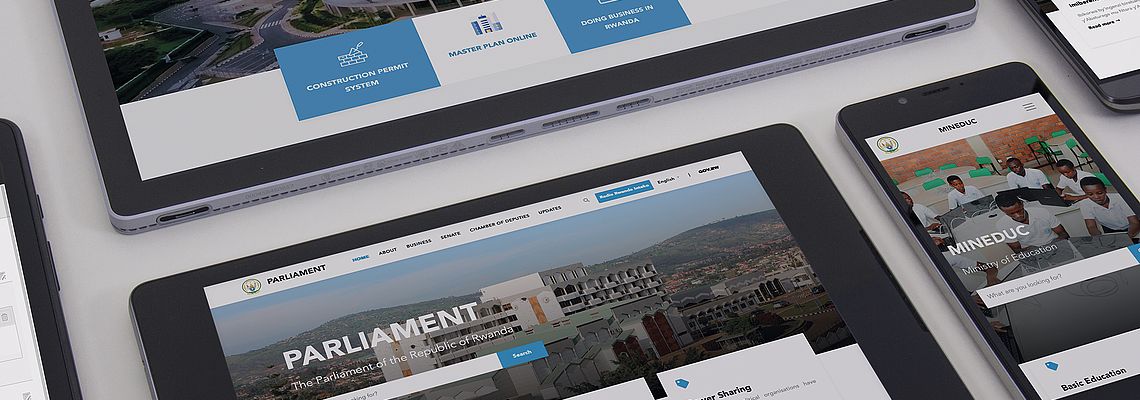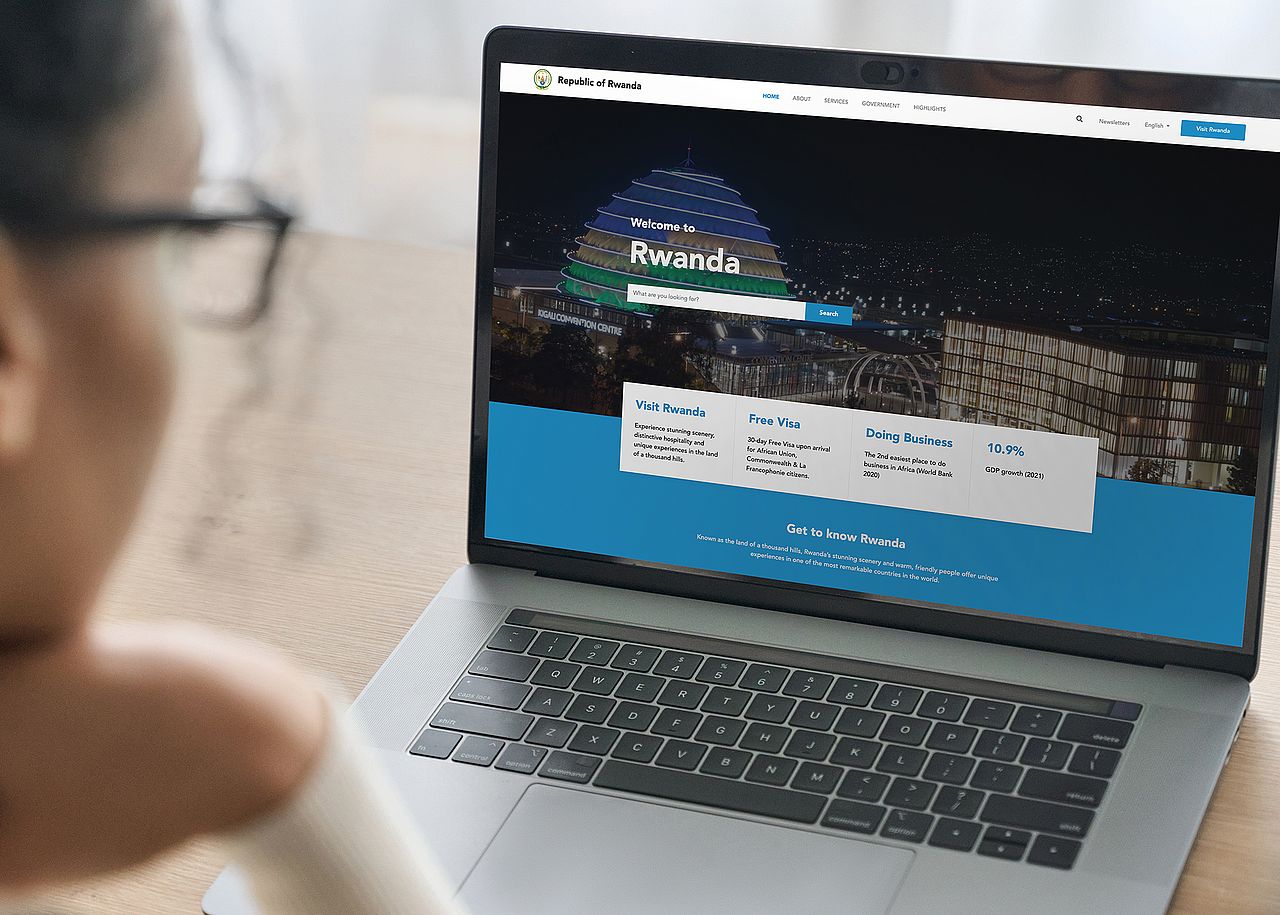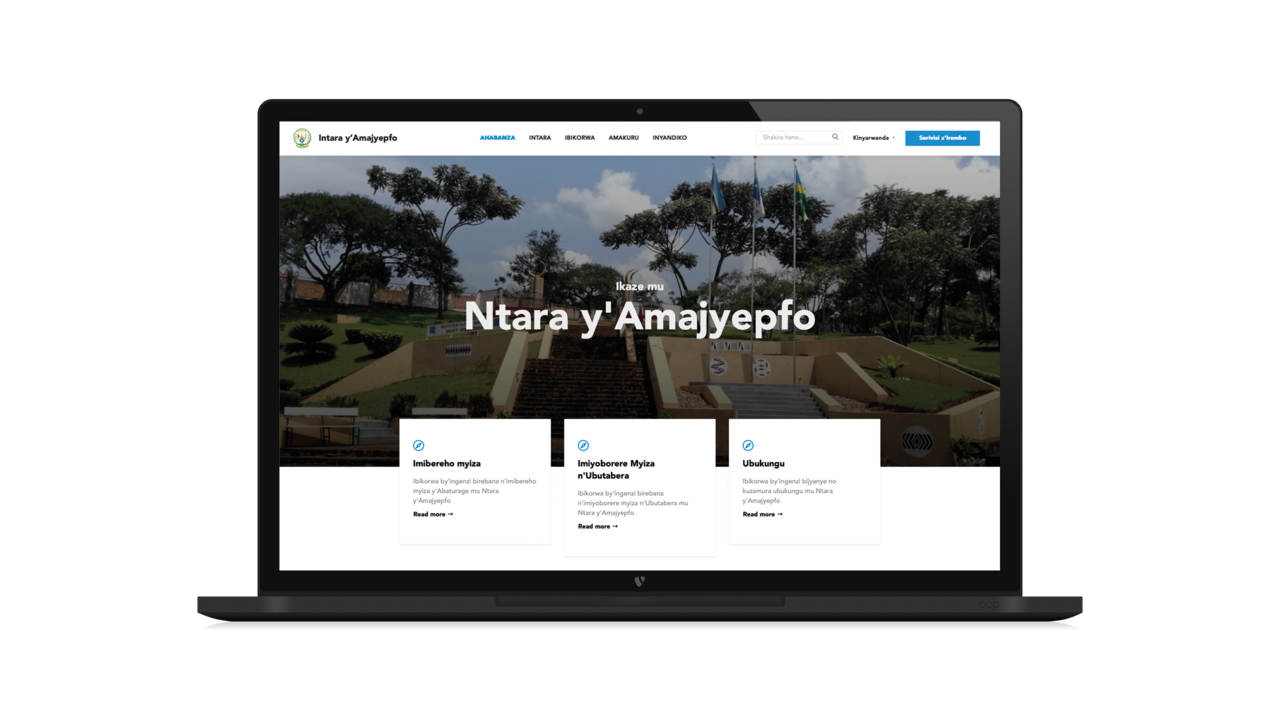
Report on TYPO3-Based Government Websites in Rwanda
Since 2019, 250 Rwandan government websites have been planned, built, and launched using TYPO3. At least as many more are on the way. In collaboration with our community, the TYPO3 Association has provided on-site expertise and education, but the impact goes far beyond tech.
Today, many countries lack a standardized strategic approach to secure, performant, cost-efficient, attractive, and user-friendly websites.
Collaborative and Locally-Led
In collaboration with the TYPO3 Association, agencies from the TYPO3 community, and GIZ (the German Agency for International Cooperation GmbH), the Rwandan government and local businesses have pioneered a successful model for implementing government websites that is based on a cohesive strategy, solid governance, and a parallel program of local technical skill development.
Reusable Model With Far-Reaching Impact
By going to the core of what open source collaboration really means, the project has shown potentially far-reaching results. By thinking of the TYPO3 project as a civil-society initiative, we have arrived at a novel way of development cooperation around digital infrastructure that lowers barriers to knowledge building and that is both non-exploitative and anti-colonial.
We have formalized the concept in the four pillars of a Government Websites Model. By basing itself on open source principles, the model inherently supports civil society, democracy building, and peaceful coexistence.
In short, the Government Websites Model has five main benefits:
- It generates business opportunities for local companies.
- It creates new employment perspectives for the young people of the country.
- It kicks off sustainable, non-exploitative local economic cycles.
- It fosters civil-society initiatives around an open-source project based on democratic principles and practices.
- It can be reused elsewhere.
Interest Beyond Tech
Thus far, the report shows great potential as a way to show the true value of the TYPO3 project and open source. It can be seen as a third choice in a marketplace usually dominated by proprietary solutions created in self-interest, unilaterally by governments or the private sector.
This third choice is an open collaboration where the government and private sector develop the software together and benefit from each other's contributions. By keeping the software open source, funding the project facilitates development of national expertise and stimulates service-related business opportunities beyond the original scope.
Until recently, the report has been in limited distribution as a pre-release report. We see burgeoning interest among people in a wide range of existing aid-related non-governmental organizations, global justice initiatives, labor unions, and other special-interest organizations.
Uniquely Positioned
The Government Websites Model can be reused anywhere, and we are currently working on repeating the success that TYPO3 had in Rwanda. This project shows that TYPO3 is uniquely positioned to go beyond creating a secure, performant, cost-efficient, and user-friendly CMS — and make a true positive social impact in the world.



